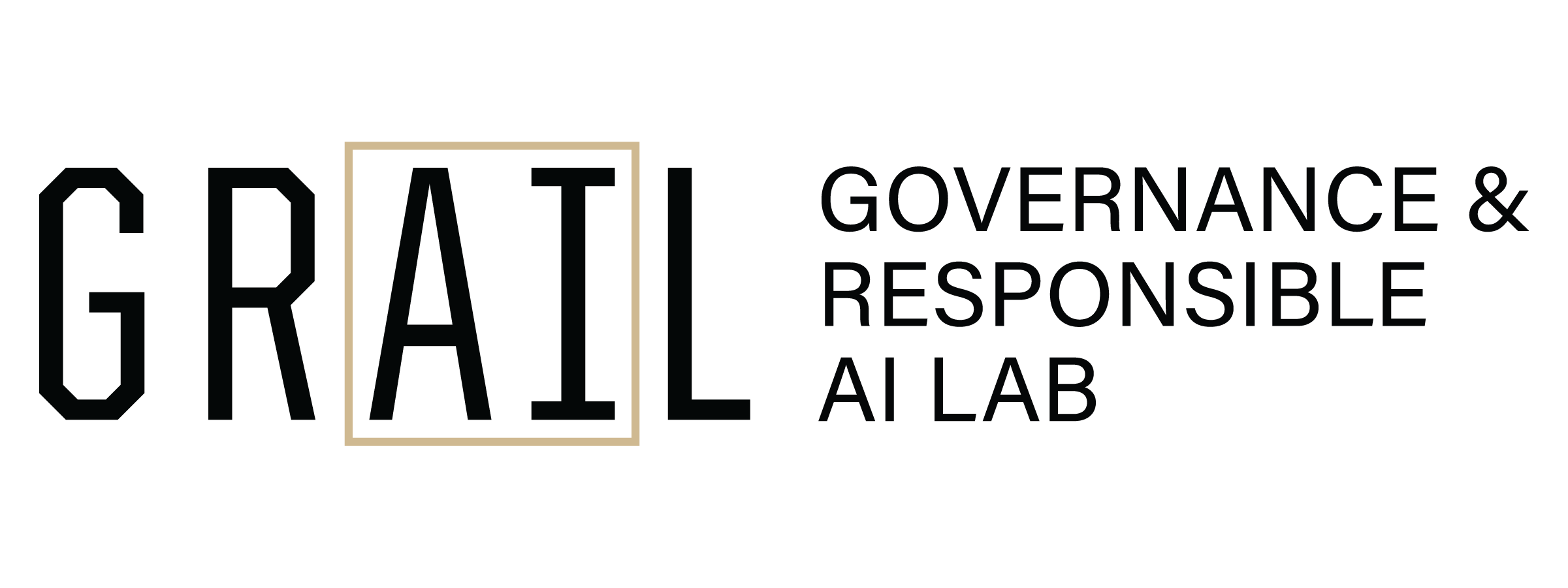
The Politics of AI: Will Bipartisanship Last or Is Polarization Inevitable?
This paper examines potential drivers of AI policy politicization through a mixed-methods study focused on early AI policymaking across the U.S. states. We administer a survey to state legislators, resulting in a broadly representative sample of 129 policymakers from 44 states. Additionally, we perform four case studies featuring legislative debates over AI regulation in Idaho, Colorado, and Illinois.
Executive Summary
AI policymaking in the United States has experienced early bipartisan agreement. Yet, as AI technologies proliferate, a key question is whether AI policy will become a partisan issue. This paper examines potential drivers of AI policy politicization through a mixed-methods study focused on early AI policymaking across the U.S. states. We administer a survey to state legislators, resulting in a broadly representative sample of 129 policymakers from 44 states. Additionally, we perform four case studies featuring legislative debates over AI regulation in Idaho, Colorado, and Illinois.f Based on this work and drawing from the policy process literature, we articulate a framework of potential partisan triggers: 1) competing problem definitions, 2) policy tools, 3) stakeholder participation preferences, and 4) issue placement in policy subsystems. Overall, there may be ongoing room for flexibility and compromise in AI policymaking due to uncertain partisan issue ownership over diverse problem definitions, uncoordinated lobbying strategies, the presence of disrupted industries, and initial deference to academics. AI policy’s unusual breadth may also enable strategic subsystem shopping, maintaining bipartisan windows. However, partisan fissures may crystallize as these forces change, including the need to move beyond the soft governance strategies like basic transparency that have benefited from early consensus.
